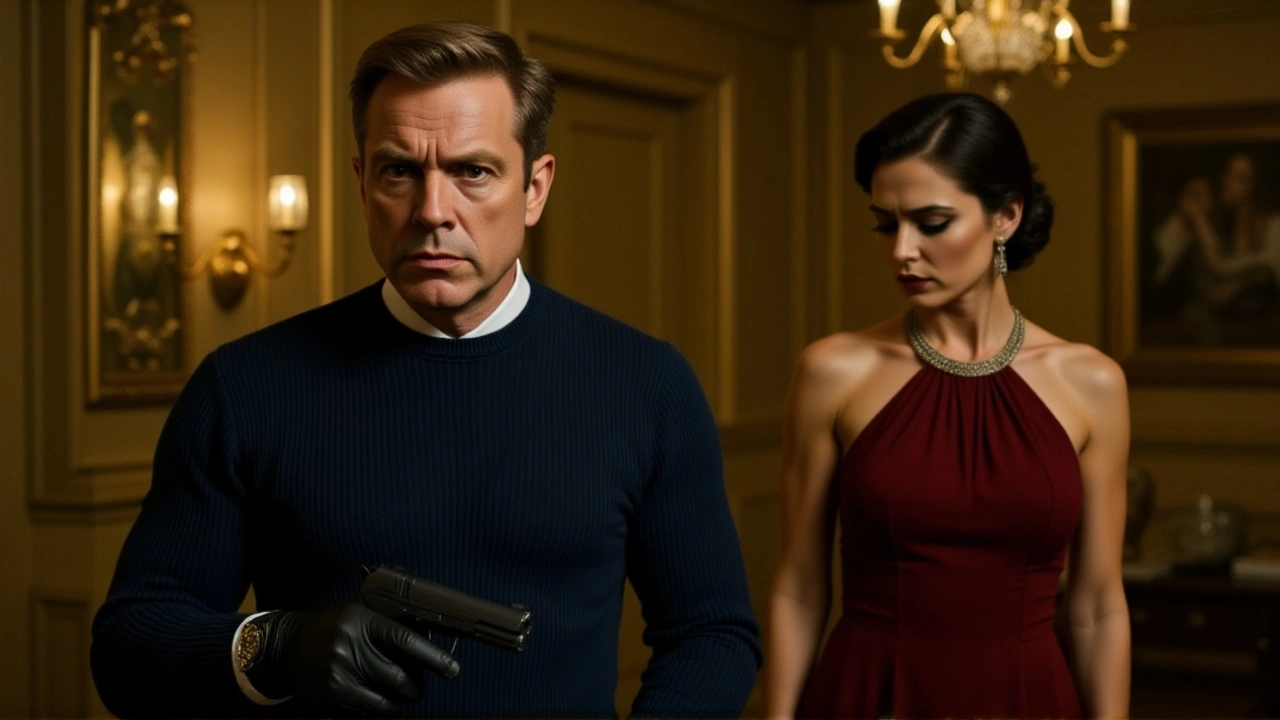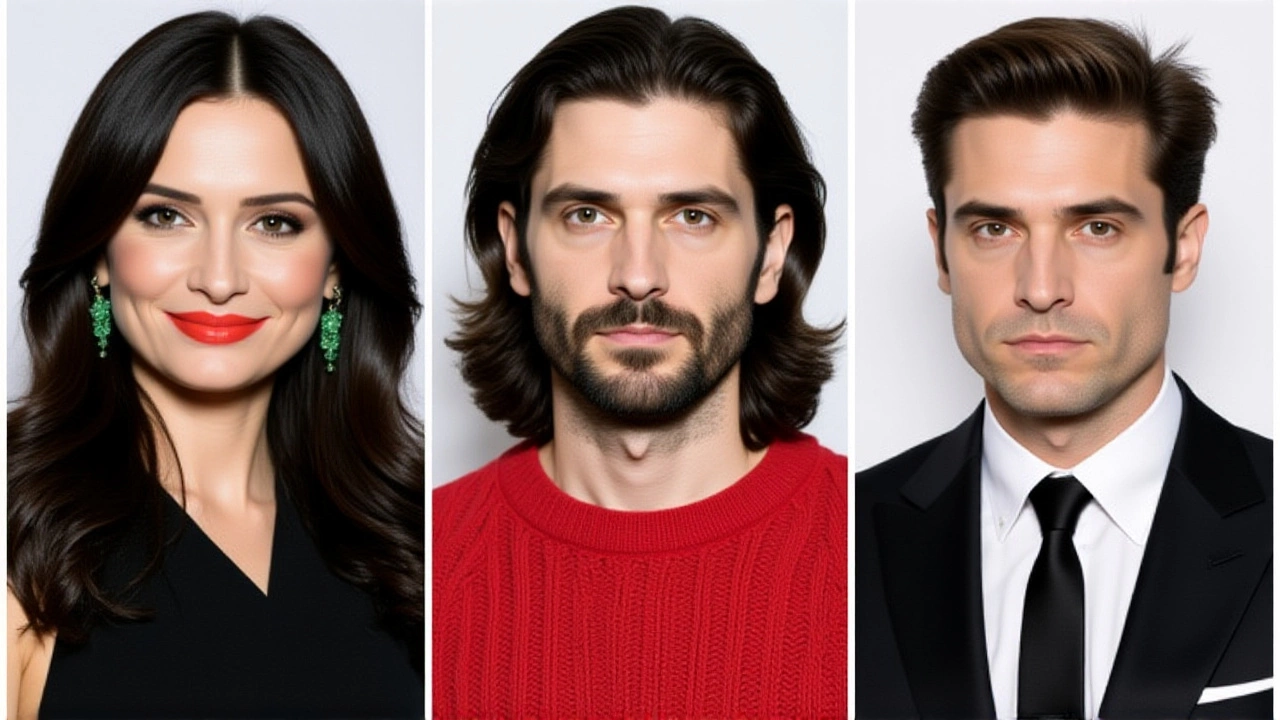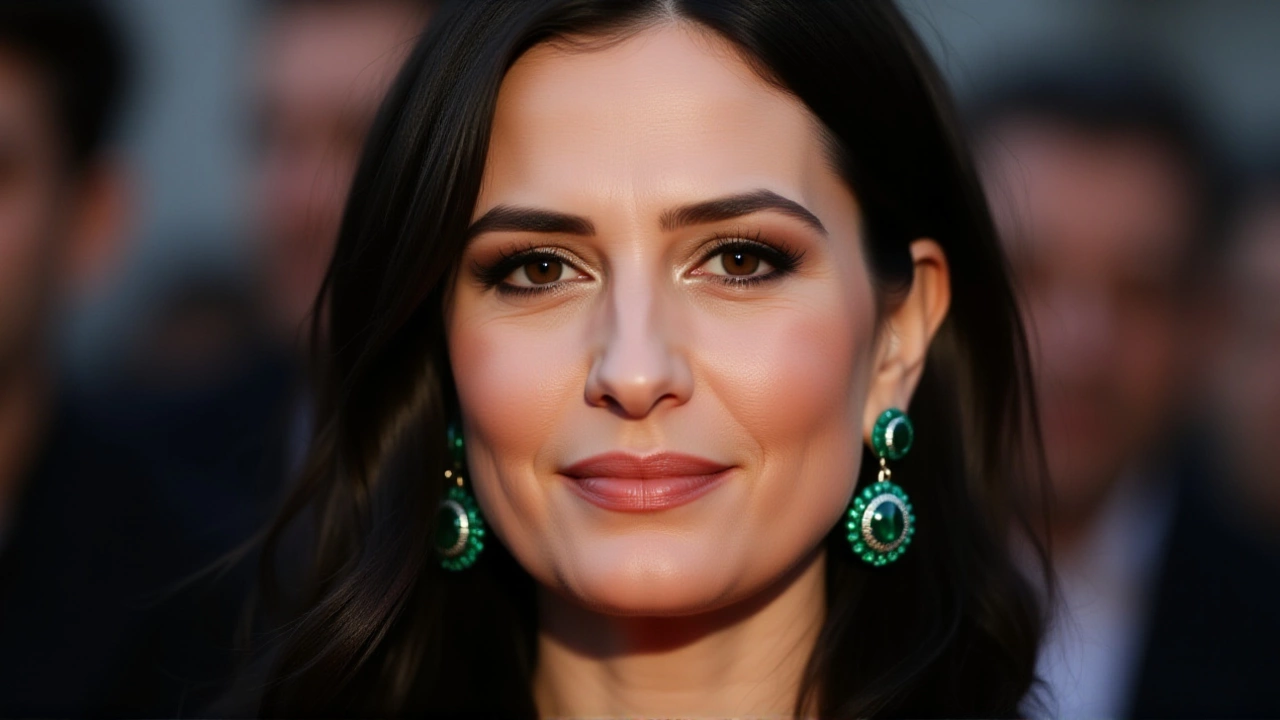Daniel Craig Fought to Keep Eva Green in Casino Royale Amid Production Crisis

When Daniel Craig first met Eva Green during her screen test for Casino RoyaleLondon, he didn’t just see a potential Bond girl—he saw the soul of the film. "When she came in, there was no decision for me," Craig later said. "She brings something to it that's great." But behind the scenes, it was anything but smooth. "I was crying. It's very stressful," Craig admitted, describing the emotional toll of fighting to keep Green in the role after her struggles overwhelmed the production team.
The Franchise on the Brink
By 2005, the James Bond franchise was gasping. After Pierce Brosnan’s final outing in Die Another Day (2002), box office returns had slumped, critics called the films stale, and fans were divided. Enter Eon Productions, the storied studio founded by Albert R. Broccoli and Harry Saltzman in 1962. Their new producers, Barbara Broccoli and Michael G. Wilson, knew they needed a bold reboot. Casting Craig—a relatively unknown, muscular, and brooding British actor—was already a gamble. But casting Green? Even riskier.
A Casting War
Green’s agent was bombarded weekly by Eon executives. She had the role practically in hand, but her screen test with Craig was reportedly tense, even awkward. Green, then 25 and fresh off Bernardo Bertolucci’s The Dreamers, later described the experience as an "out-of-body experience." She was brilliant, yes—but volatile. The production team feared she couldn’t handle the pressure. Some wanted to recast. Craig refused.
"Oh, we've got to have her," he told Barbara Broccoli flatly. That wasn’t a suggestion. It was a ultimatum. And it worked. "He put his foot down," confirmed a source close to the production. "If she left, he’d walk." That kind of leverage didn’t come often in Hollywood, especially not for a first-time Bond.
Behind the Scenes: The Scene That Saved the Film
During filming in Prague and Montenegro, tensions flared again. Green’s emotional intensity—so vital to Vesper Lynd’s tragic arc—sometimes clashed with the crew’s schedule. One key scene, where Bond discovers Vesper’s betrayal and she pleads with him to trust her, nearly got cut. The director, Martin Campbell, thought it slowed the pace. Craig insisted it stay. "That’s the heart of the movie," he argued. "Without that moment, Bond is just a killer. With it, he’s human." The scene remains one of the most haunting in Bond history.
And it worked. Audiences didn’t just buy Bond’s heartbreak—they felt it. Even after learning Vesper was a spy working for Mads Mikkelsen’s Le Chiffre, viewers still believed in their connection. Critics called it "the most emotionally resonant Bond romance ever." The film grossed $606.6 million worldwide, reviving a franchise that had been written off.

The Ripple Effect
Green’s performance didn’t just save Casino Royale—it redefined the Bond woman. No longer a disposable love interest, Vesper became a tragic figure whose betrayal echoed through Craig’s entire tenure. The role earned Green a Golden Globe nomination and cemented her as a serious dramatic actress.
Meanwhile, Craig’s own status as Bond was solidified—not just by his physicality, but by his willingness to fight for authenticity. He’d been mocked for being "too short," "too ordinary," even "too English." But his instincts proved right. He didn’t just play Bond—he shaped him.
Two Decades Later: A New Chapter
Nearly 20 years after Casino Royale’s release, Green continues to thrive. She’s currently filming Just Play Dead, a new thriller directed again by Martin Campbell, opposite Samuel L. Jackson. In the film, she plays Nora, the grieving wife of a criminal mastermind (Jackson) who fakes his death to claim a $30 million life insurance payout. The project, set to wrap by late 2025, marks their second collaboration after Miss Peregrine’s Home for Peculiar Children in 2016.
And Casino Royale? It’s still a streaming powerhouse. According to ScreenRant’s October 2025 report, the film has generated $1.1 billion in total revenue across all platforms—more than any other Bond film in history. The reboot didn’t just revive a franchise. It redefined it.

Why This Matters
This wasn’t just about casting. It was about trust. Craig, who’d been rejected by fans before he even stepped on set, saw something in Green that others dismissed as "difficult." He recognized that vulnerability wasn’t a flaw—it was the film’s greatest strength. In an industry that often demands perfection, he fought for someone who was raw, real, and imperfect.
That’s why, two decades later, we still remember Vesper Lynd—not because she was beautiful or dangerous, but because she was human. And Daniel Craig made sure the world saw it.
Frequently Asked Questions
Why was Eva Green almost replaced in Casino Royale?
Eva Green’s intense emotional performance during filming caused friction with the production team, who feared she couldn’t handle the pressure. Her screen test with Daniel Craig was reportedly awkward, and some producers wanted to recast her. Craig intervened, insisting her vulnerability was essential to the character’s depth—and threatened to leave if she was replaced.
How did Daniel Craig’s casting affect the film’s direction?
Craig’s casting as Bond signaled a shift toward grittier, more psychological storytelling. His insistence on keeping Green reinforced that vision—prioritizing emotional realism over spectacle. This tone defined the entire Craig era, from Casino Royale to Spectre, and helped make Bond relevant to a new generation of viewers.
What made Vesper Lynd different from previous Bond women?
Unlike past Bond girls who were either damsels or seductresses, Vesper Lynd was morally ambiguous, emotionally complex, and ultimately tragic. Her betrayal wasn’t just a plot twist—it was a personal wound. Green’s performance made audiences sympathize with her even after her betrayal, something no previous Bond love interest had achieved.
Is there any truth to the claim that Casino Royale earned $1.1 billion across all platforms?
Yes. According to ScreenRant’s October 2025 report, Casino Royale has generated $1.1 billion in total revenue from theatrical releases, streaming, Blu-ray, and TV licensing—making it the highest-grossing Bond film in history when adjusted for all platforms. Its enduring popularity is largely due to its critical acclaim and emotional depth, which keep drawing new viewers.
How did Eva Green’s performance impact her career after Bond?
Green’s role as Vesper Lynd opened doors to complex, dramatic roles in international cinema, including 300: Rise of an Empire, King Arthur: Legend of the Sword, and Dark Shadows. She’s now sought after for morally layered characters, and her upcoming film Just Play Dead with Samuel L. Jackson continues that trend—proving her Bond role wasn’t a fluke, but a turning point.
Why is Martin Campbell significant to this story?
Campbell directed both Casino Royale and the upcoming Just Play Dead, making him the only director to helm two major Bond-era films featuring Green. He also directed GoldenEye (1995), which revived the franchise after a six-year hiatus. His ability to balance action with character depth made him the ideal choice to launch Craig’s Bond—and to reunite him with Green nearly 20 years later.